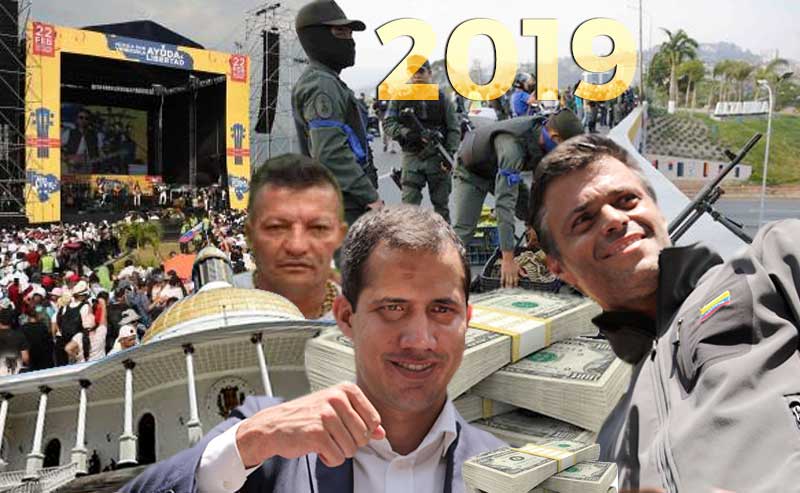
In political terms, 2019 could be characterized as the year of the opposition mountains giving birth
By Clodovaldo Hernández
As in Aesop’s fable, the mountains roared and groaned as if they were going to give birth to a huge creature and ended up giving birth to a mouse.
Last January, the opposition seemed on track to change the regime, through a novel modality: the appointment of a parallel president with the endorsement of the United States and fifty countries. The “childbirth” was expected in a matter of hours (from 48 to 72, said one of the promoters of the operation at some point), but the end of the year has arrived and the government of Nicolás Maduro looks strengthened, while the opposition is going through one of its worst moments.
Rise and decline of a self-proclaimed president
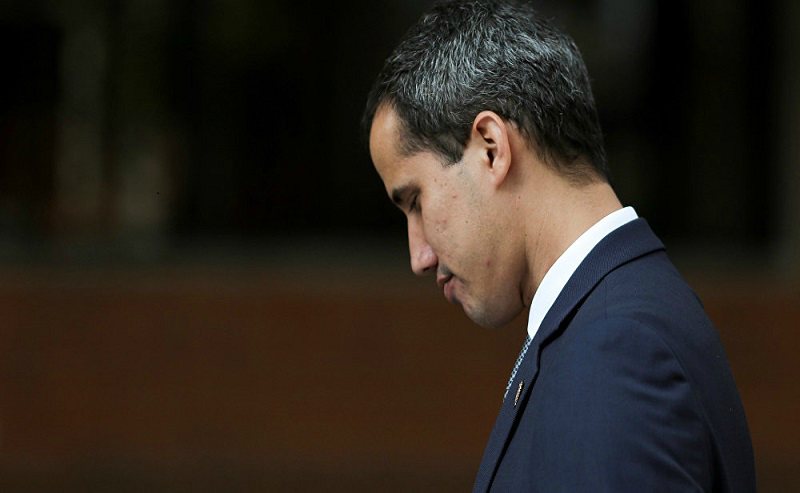
The central figure of the year for the opposition was Juan Guaidó , an unknown deputy who, suddenly became the “president in charge”, achieving, at an early stage, revive the shabby anti-Chavista masses.
“Guaidó is part of an operation that, in itself, is nothing more than the continuation of twenty years of combat. It wanted to revitalize an opposition that was defeated, transforming the National Assembly into a kind of parallel government. That way, it was possible to mount a route, what they call the mantra (cessation of usurpation, transitional government and free elections), ” says the university professor and political campaign expert, Atilio Romero (anti-Chavista) . “That mantra has toured the stage this year with different actions: local, regional, global, economic, military… Now, at the beginning of 2020, it faces a problem of political relegitimization because in order to maintain its status as a parallel government it must retain the presidency of the AN ”.
The sociologist and political analyst Ociel López agrees that the general balance of the political year is very different from what could be expected during the first quarter. “The government was strengthened and the opposition weakened tremendously,” he said.
What happened so that the Guaidó Experiment, which was emerging as a political phenomenon, would end up oxygenating Maduro rather? There are many factors, but events such as the Venezuela Aid Live concert , on the border with Colombia (February 23) and the failed coup attempt of the Altamira bridge (April 30) had dire effects on the change model of government tried by the opposition this year.
RELATED CONTENT: Venezuela: The End of the Year That was Unforeseen
The distorted humanitarian aid
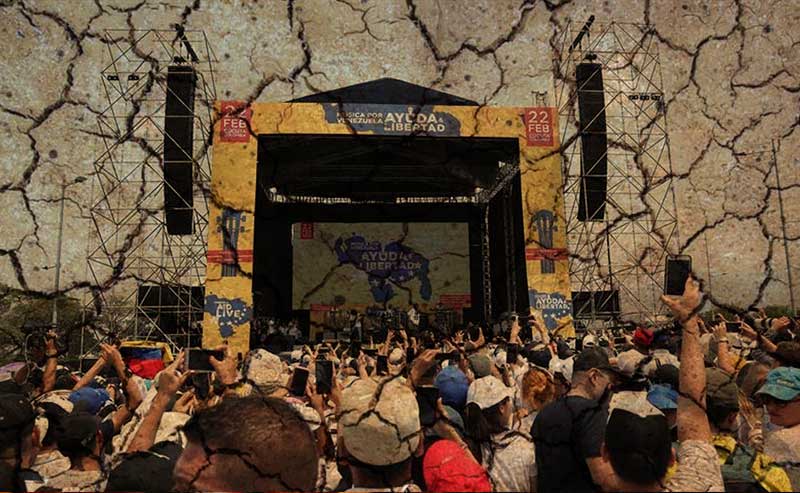
Cúcuta’s concert was the center of a global operation to legitimize a foreign intervention in Venezuela, for humanitarian purposes, but that would imply the overthrow of Maduro and the assumption of Guaidó to the position for which he had self-sworn.
The acts of violence that occurred in parallel were presented to the world as if they had been propitiated and perpetrated by the government. Then, an important global media, The New York Times , showed that the burning of the trucks was the responsibility of the opposition groups that acted from the Colombian side. Apart from these events, Cúcuta was a dwindling hour for the opposition because the corrosive scandals of the misuse of funds that were supposedly destined to address a national emergency situation began early.
Romero sees it this way: “The concert ended the concept of humanitarian aid . Because if money disappears and ends up being a help for me and my friends, it is not only a problem of corruption, but also the liquidation of a concept. Politically it is dramatic to destroy a clear strategic line that is that before a country in crisis, with a disastrous government, we will put humanitarian aid. The money stolen is a boomerang against their own political strategy. That generates disbelief. People do not believe in humanitarian aid. The problem is not the money itself but having seized it to assassinate the idea of humanitarian aid. ”
Stories about the misuse of aid have multiplied, especially since the rant broke out due to the dismissal of the so-called Guaidó ambassador in Colombia, Humberto Calderón Berti . According to Romero, the exchange of accusations has shown (apart from the tendency to corruption) that the opposition leadership favors the blockade and, simultaneously, some deputies help, in exchange for money, entrepreneurs who collaborate with the government to circumvent sanctions imposed by the US and other nations, another boomerang .
Returning to the analogy of mountains giving birth, the facts related to the lack of probity suggest that the mountain did not delivered a mouse, but a complete litter.
From the concert itself, Miguel Bosé’s (Spanish singer) move is remembered, challenging the United Nations High Commissioner for Human Rights, Michelle Bachelet to act without delay in the case of Venezuela (“Move your butt!”, he said ). Months later, Bachelet came and made a rather unfavorable report to the Maduro government. However, other events that occurred later in the Latin American context have exceeded the credibility of the High Commissioner, because everything seems to indicate that she does not always act with the same diligence or, to put it Bosé style, not in all cases she moves her butt so quickly. And, it is fair to write it down, Bosé also does not make its strident demands regarding countries ruled by the right, such as Haiti, Ecuador, Chile, Colombia and now Bolivia.
“They were entangled in life. It seems that God is helping Maduro because it was unthinkable that those events would be possible in Ecuador, Chile and Colombia, ”Romero said.
The coup attempt on April 30
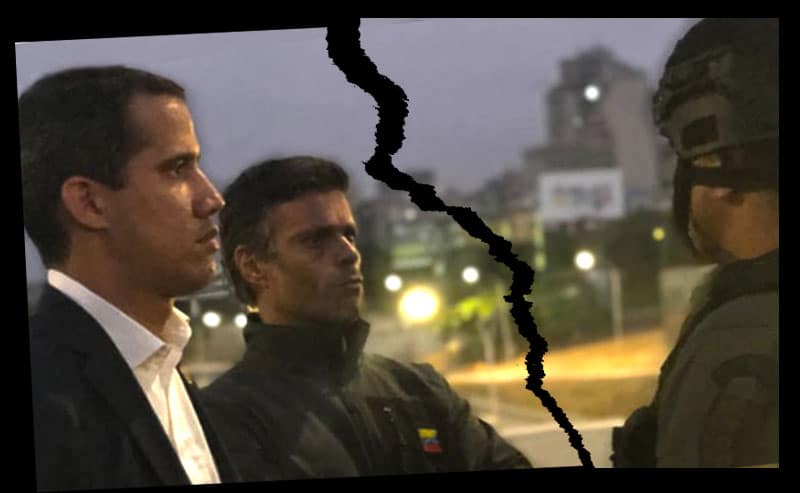
Another marker event of the opposition collapse was the attempted military uprising of April 30 .
Ociel López remembers it this way: “The scenario of April 30, with Guaidó and Leopoldo López on the street next to raised soldiers, was accompanied by two information trends: one, which stated that they had taken La Carlota (Militay Base), the city’s military airport; and the other, that General Iván Hernández Dala, commander of the Presidential Honor Guard was involved in the assault. This encouraged the atmosphere, but in a few minutes it was learned that neither Guaidó had taken La Carlota nor General Hernández Dala was involved. ”
Knowing these truths, according to the interviewee, changed the military scenario to one that pointed to social conflict, to popular demonstrations. “The support of the masses was requested and there was a march of armed soldiers and civilians along Francisco de Miranda Avenue, but then it all ended with López requesting refuge in the Spanish embassy, and the military defectors in the Panamanian one.”
Lopez believes that the episode evidenced the weakness of the United States to develop a military assault in Venezuela. “We would have to wait a while to know to what extent Bolton’s departure did not at least partly obey this military defeat in Venezuela. What we do know is how it affected the opposition in general and specifically the radical faction. The allegations of Humberto Calderón Berti indicate that his main discontent is with the way Leopoldo López was directing Guaido’s moves and carried out on April 30 as an operation that seemed more to free him (from his house arrest) than to advance in the military and political field”.
For the opposition, that day left nothing good to remember. “Every time the subject is discussed, threats of revelations arise,” says the sociologist. Henrique Capriles and Calderón Berti himself have said that they will soon release data on what happened that day, implying that they know something that the rest of us do not know. It is significant that Edgar Zambrano, who participated in the action and was detained because of that, did not claim it when he left prison. Rather, he tried to present it like another demosntration. The First Justice party and others who participated relatively have not assumed the sponsorship of what happened either. For the opposition it is a day that should be forgotten, but that will be remembered a lot especially when it comes to attacking or curbing the figure of Lopez, who has generated very severe internal divisions. ”
Ociel López added that the march of armed soldiers calling to go to Miraflores, invited a violent and irrational escalation of the conflict and finished dividing even the radical sectors of the opposition because they saw it was an event too crazy. “All the consequences imply a loyalty of the FANB regarding Maduro and an inability of the opposition to divide it, despite the recruitment of political police director. He was the key piece of participation in the coup by government officials, but it ended up being an isolated picture, with no guarantee of connection with other officials. The balance is very unfortunate for Abrams and the Republican hawks, who had to “recognize” that the people with whom they were doing the intelligence work to develop the coup successfully, had turned off their phones. He specifically mentioned Maikel Moreno and Hernández Dala, but both said they were not related at any time to the coup attempt. ”
2020 perspectives
After this delivery of the mountains, the opposition faces a 2020 in which, unlike 2019, it looks defensive or, in the most optimistic vision, trying to mount a new counteroffensive.
Professor Romero appeals to game theory to make the analysis beyond the conjunctural. “Whether from a mathematical, dramatic or sporting angle, we have two actors with their respective strategies, in a geopolitical framework and in a local framework. The battle in Venezuela is more geopolitical and regional than local. In that context, one of the actors proposes multilateralism, plurality, Bolivarian socialism and antineoliberalism. The other actor proposes the defense of the Western society model, which is presented as a step from dictatorship to democracy, through a transitional process ”.
The options that the opposition has, according to Romero, are to continue or not with “the mantra” and that implies deciding whether or not to re-elect Guaidó in the presidency of the AN, knowing that doing so would mean breaking the 2015 pact, according to which the fifth year that position would correspond to a representative of minority parties, outside the G4.
“The non-reelection scenario has many alternatives. The most unlikely is the triumph of a deputy of the PSUV, thanks to a complete fracture of the opposition. Another is to choose a moderate actor (someone close to Claudio Fermín, for example). A third is a recovery of control by Henry Ramos Allup (AD), which would also be a way to negotiate the exit of the AN from the contempt situation, since it was in his mandate (in 2016) when the contempt situation was originated. Finally, there would be the election of a member of the parties of the radical opposition other than Guaidó, ” he adds.
“I think that it is more convenient for the opposition, even within the transition government’s strategy, an actor other than Guaidó because it could generate a line favorable to electoral participation that allows him to maintain a space in the AN that will be chosen in 2020. With Guaidó, only one insurrectionary path remains, that of not accepting the CNE if it is appointed by the Supreme Court even if it is approved by the other opposition sector, consequently, not going to elections and giving up control of the only power they dominate ”, continues.
He argues that if Guaidó remains in office it is very difficult to go to elections with Maduro in power, even with a new CNE, because the sector he represents has refused it as a point of honor. If he ends up doing so, his electorate would be depressed, they would not vote with confidence. “Guaidó before a call for elections of the AN would have to call abstention, and that would imply giving away the AN -he concludes-.
The dilemma is clear: who will manage to control the AN in 2020? How can the opposition keep the majority? … With Guaidó I don’t know if they can. ”
In conclusion, Romero believes that the opposition cadre in 2020 is not comfortable at all. “We are in the worst of the opposition-Guaidó situations, due to corruption scandals that have affected his party, VP (Voluntad Popular), First Justice and others. Only AD is saved from the group, which has not been touched by that. In that field, the best scenario would be a return of Ramos Allup. With him, the government would not have it so easy because he is not the same actor. A different type of negotiation would be necessary. AD could move for a battle for the AN in the only possible field: the electoral one, in which they can perform with their name or with another, as they have done in the case of their four governors and a good number of mayors. They could put their deputies indirectly even in a scenario of abstention ”.
Another aspect that gravitates about the AN’s presidential election in the last year of the period, in Romero’s analysis, is that whoever reaches that position will be presidential (a potential presidential candidate) and, consequently, the opposition leaders themselves will be in charge of grinding it. “Meanwhile, the government plays closed box and capitalizes on the weaknesses of the opponent. It’s like being in front of an enemy who is drowning: you don’t have to ask for a lifeguard. ”
When going beyond the election of the parliamentary directive and projected towards the elections for the new AN, Romero predicted a very intense year, in which not only the PSUV and what he called the opposition-Guaidó will have, but also the parties who have separated from that sector and have integrated the so-called little table (National Dialogue Table), as well as the powerful emerging actor of evangelical pastor Javier Bertucci .
He added that for the dominant opposition sector the picture is complicated not only by everything that happened in 2019, but also because there are many signs that a partially proportional electoral system will be applied in the 2020 parliamentarians, which will make it very difficult to achieve a victory in the whole line, like the one obtained in 2015, during the best times of the Democratic Unity Table alliance (MUD).
The opposition delivery of 2020 is announced with very different expectations than those of 2019 . What will they give birth this year?
Translated by JRE

Clodovaldo Hernández
Venezuelan journalist and writer. He writes regularly for La IguanaTV, Supuesto Negado, and Mision Verdad.
- Clodovaldo Hernández#molongui-disabled-link
- Clodovaldo Hernández#molongui-disabled-linkJanuary 15, 2024
- Clodovaldo Hernández#molongui-disabled-link
- Clodovaldo Hernández#molongui-disabled-link
Share this:
- Click to share on Twitter (Opens in new window)
- Click to share on Facebook (Opens in new window)
- Click to share on LinkedIn (Opens in new window)
- Click to share on WhatsApp (Opens in new window)
- Click to share on Reddit (Opens in new window)
- Click to share on Telegram (Opens in new window)
- Click to email a link to a friend (Opens in new window)

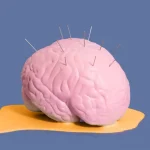


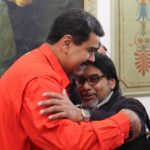
You must be logged in to post a comment.